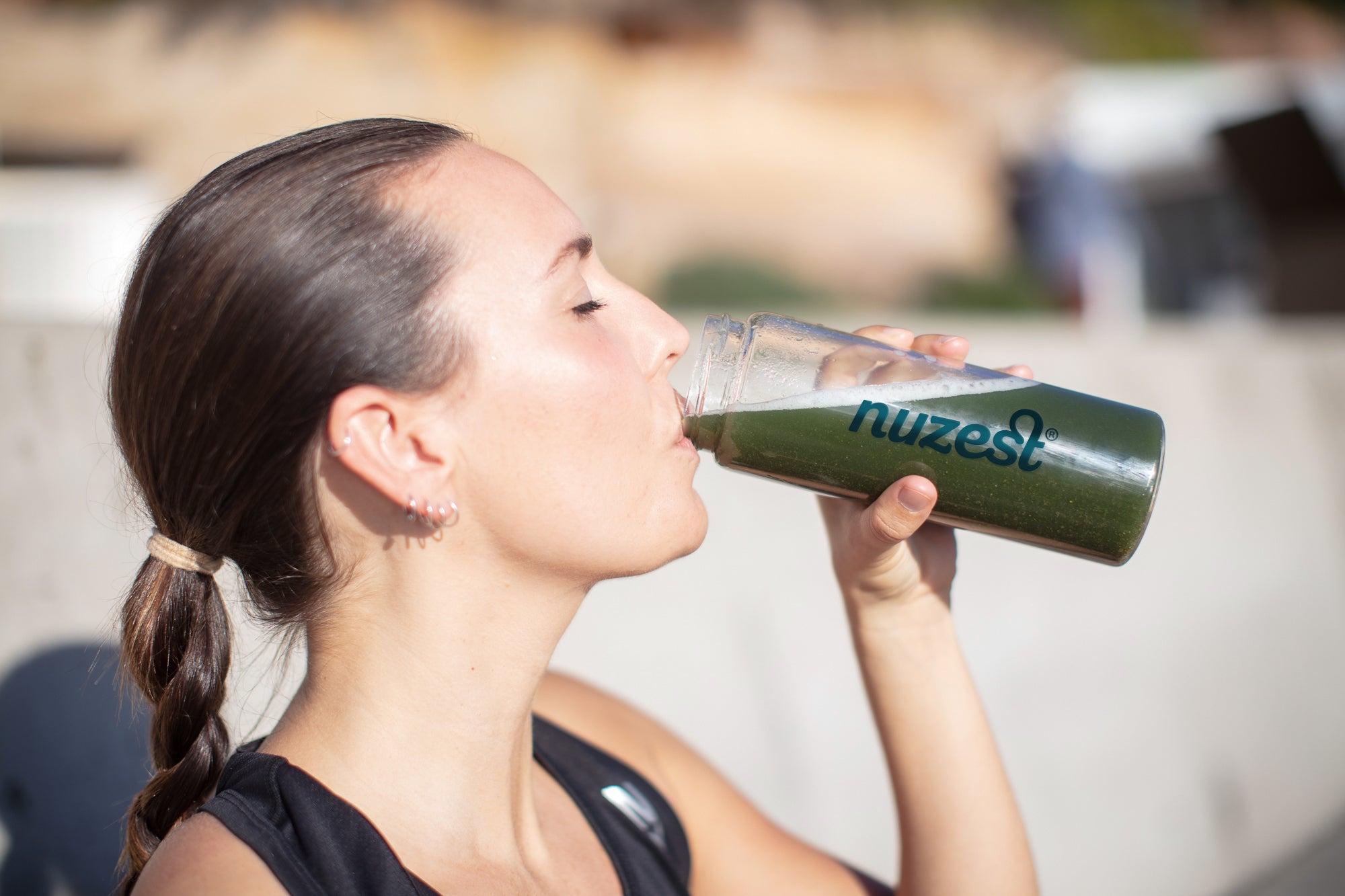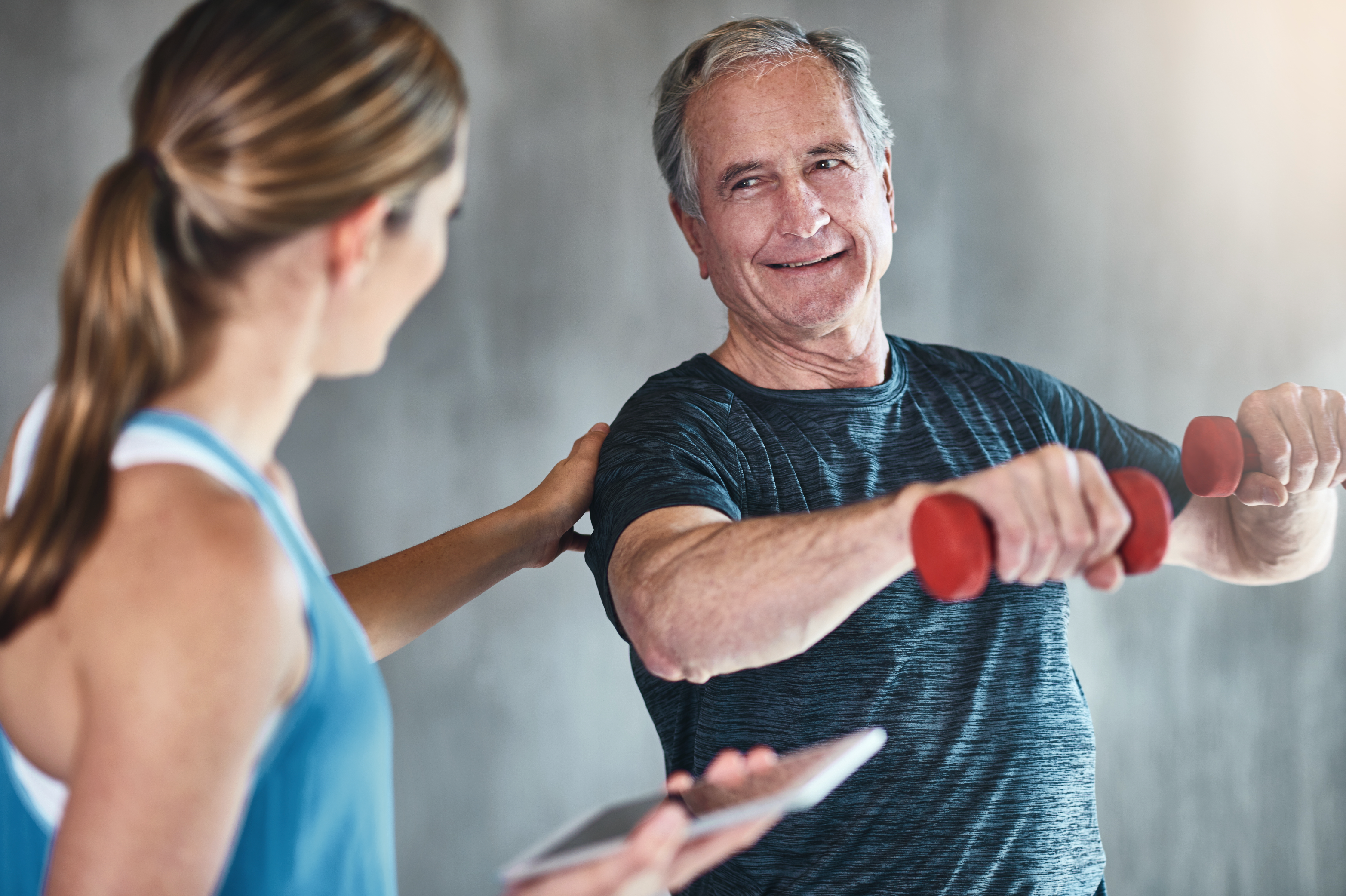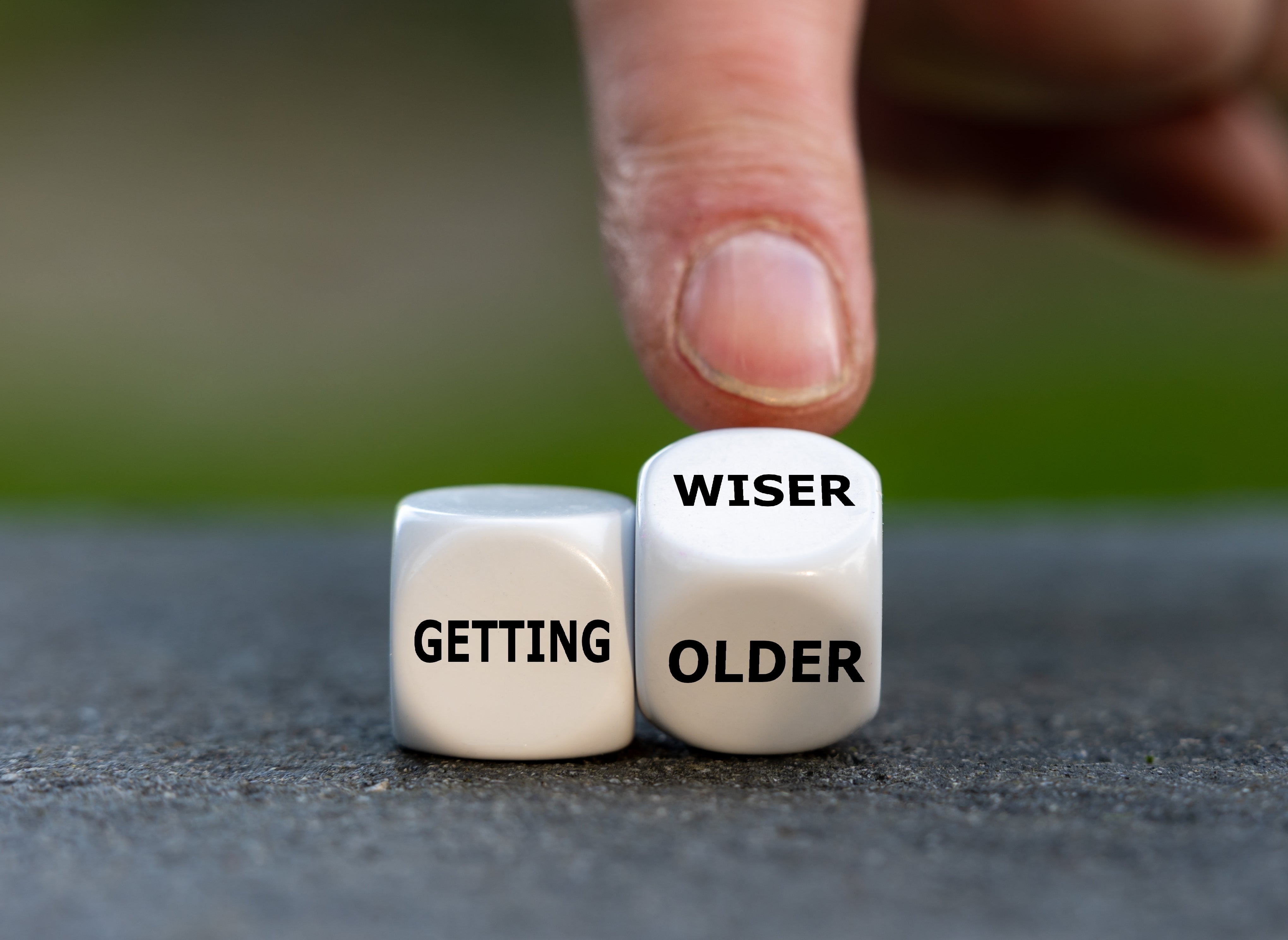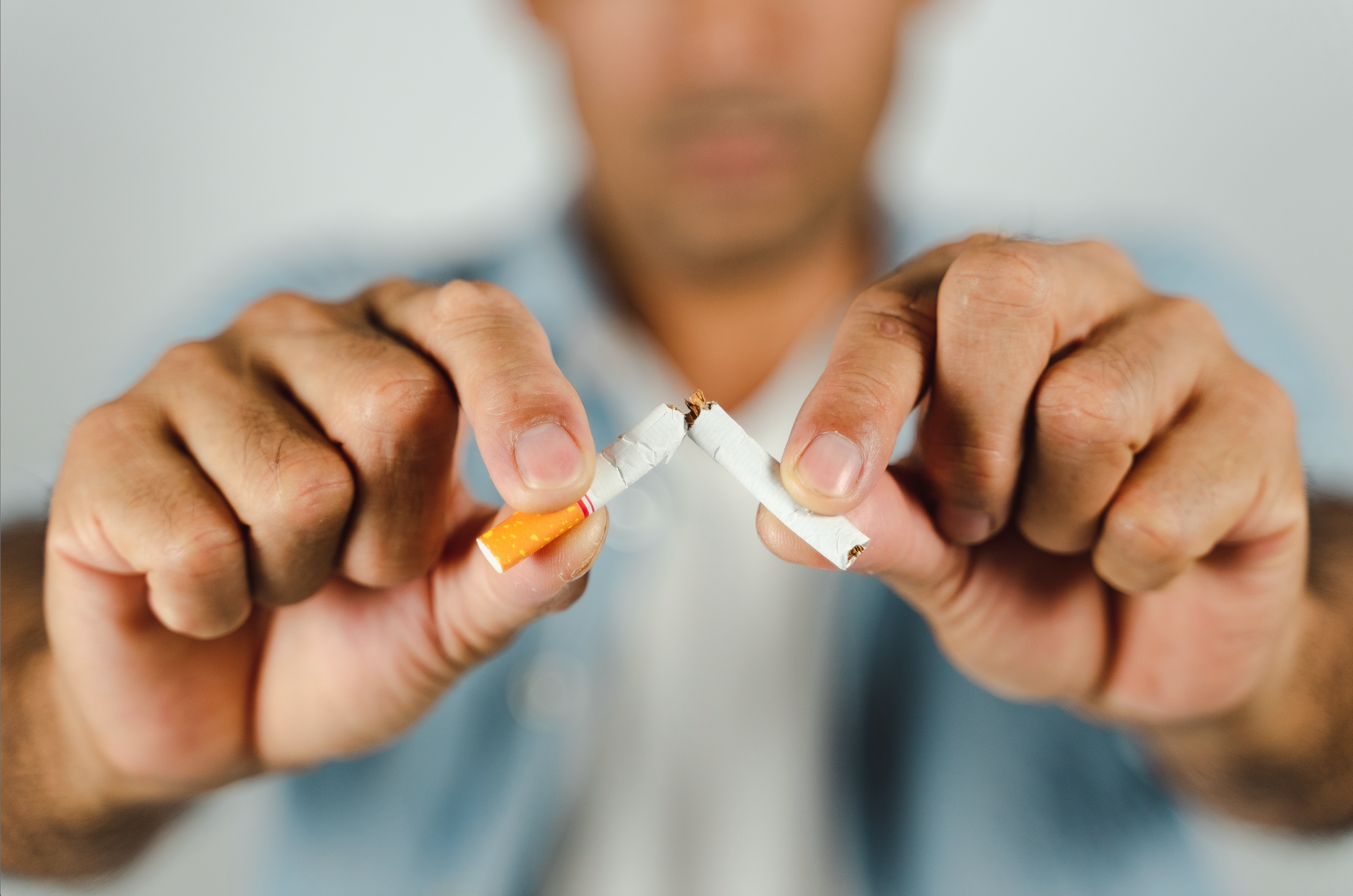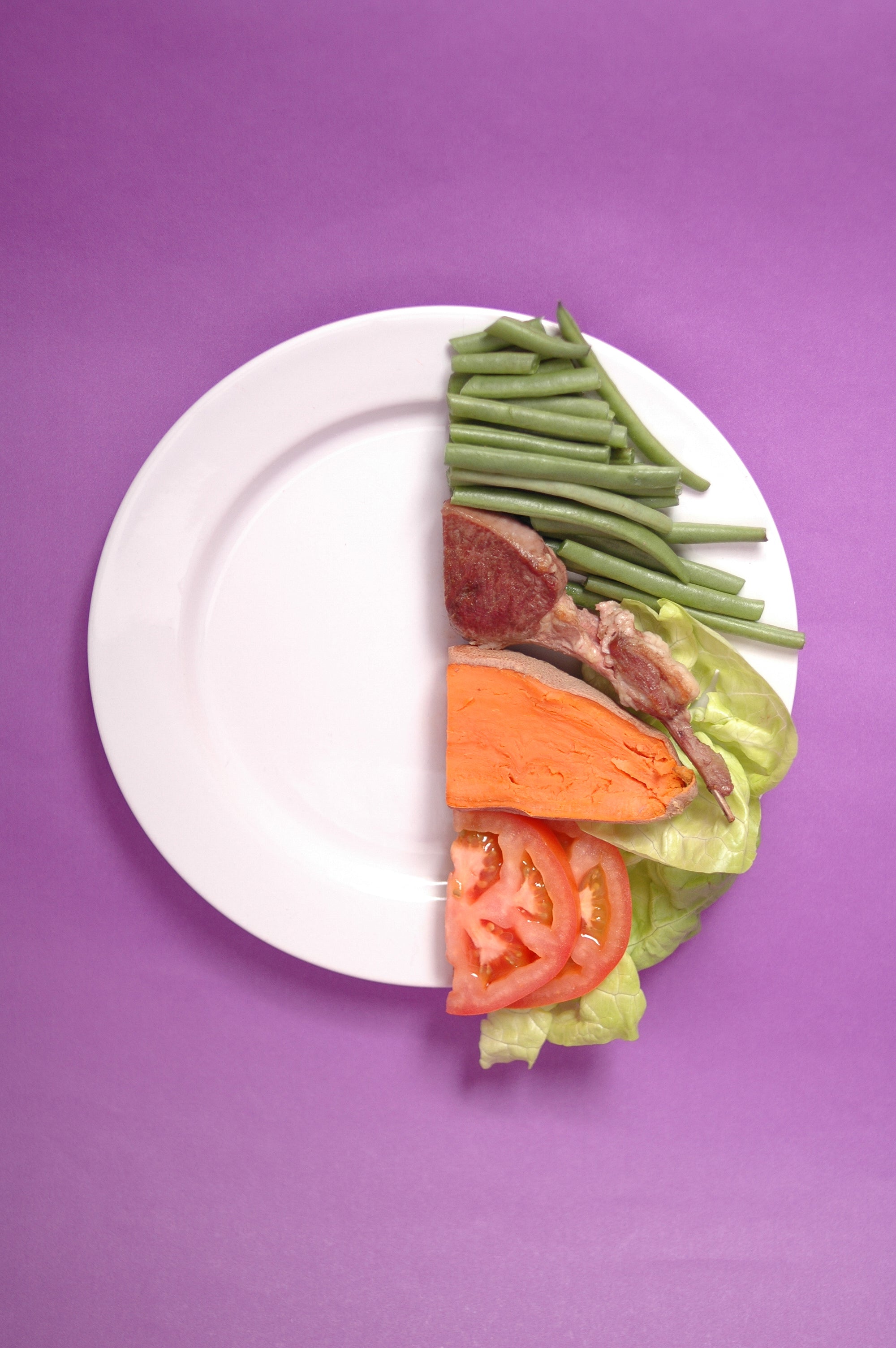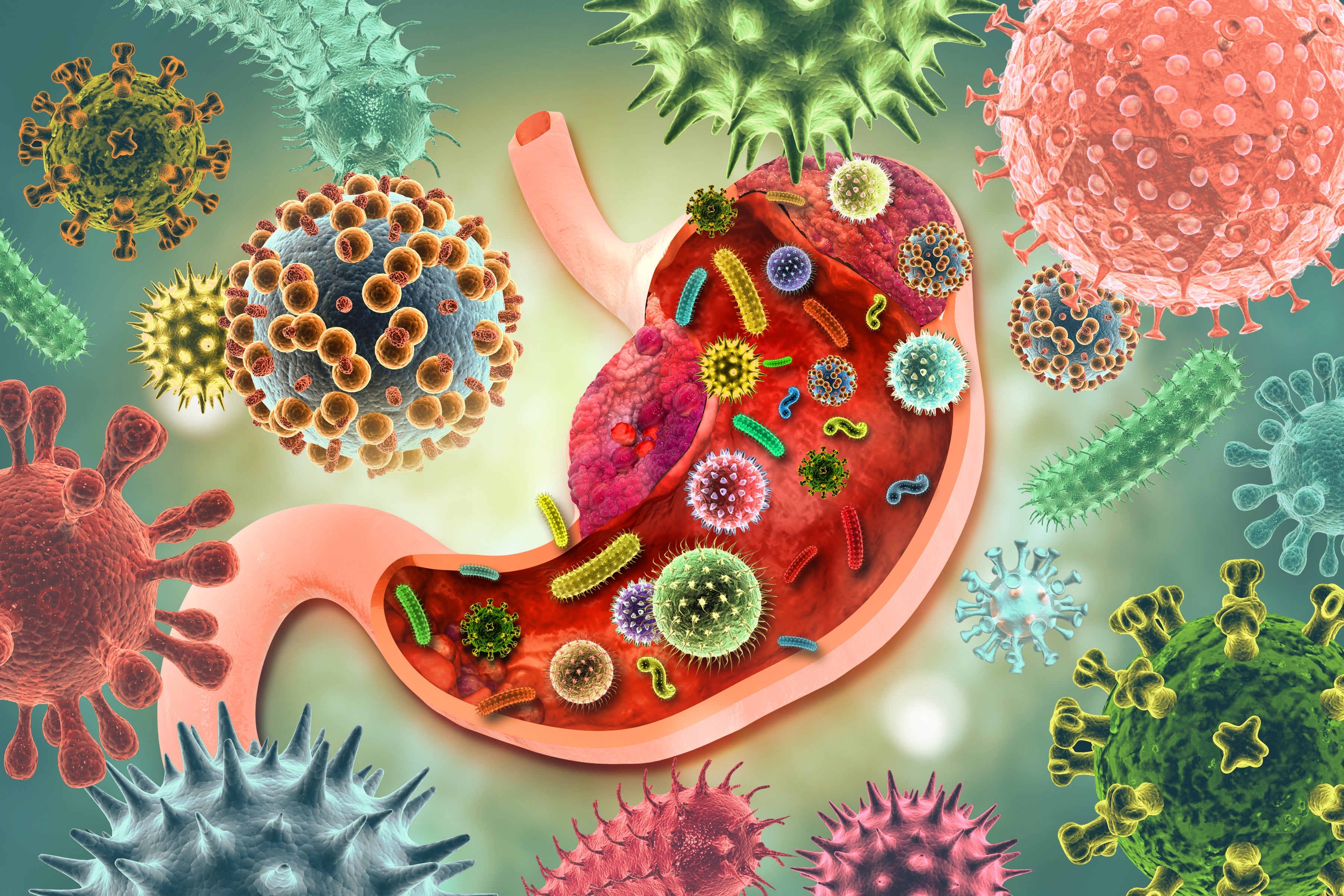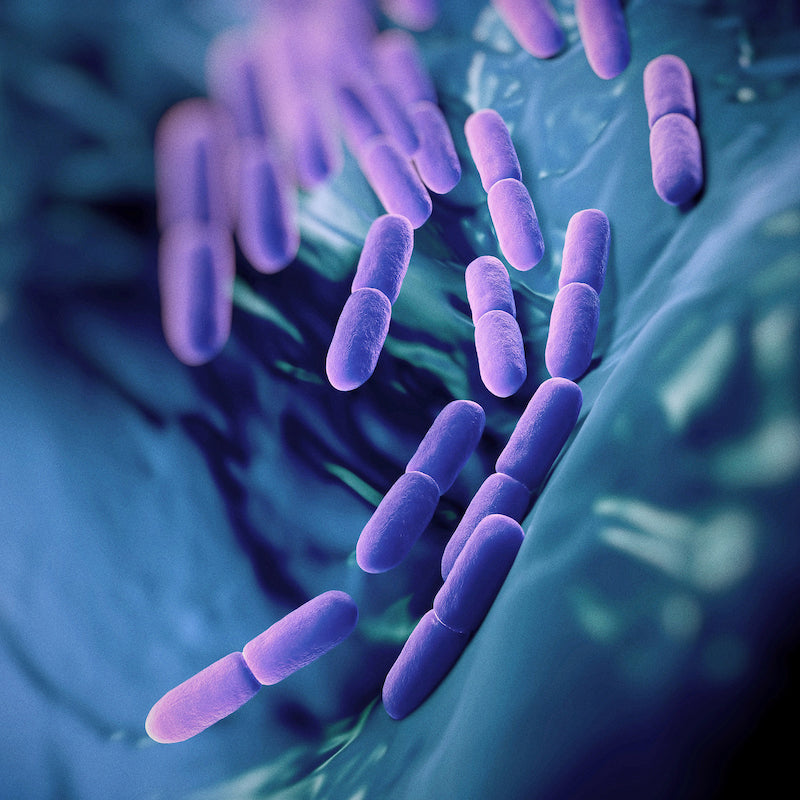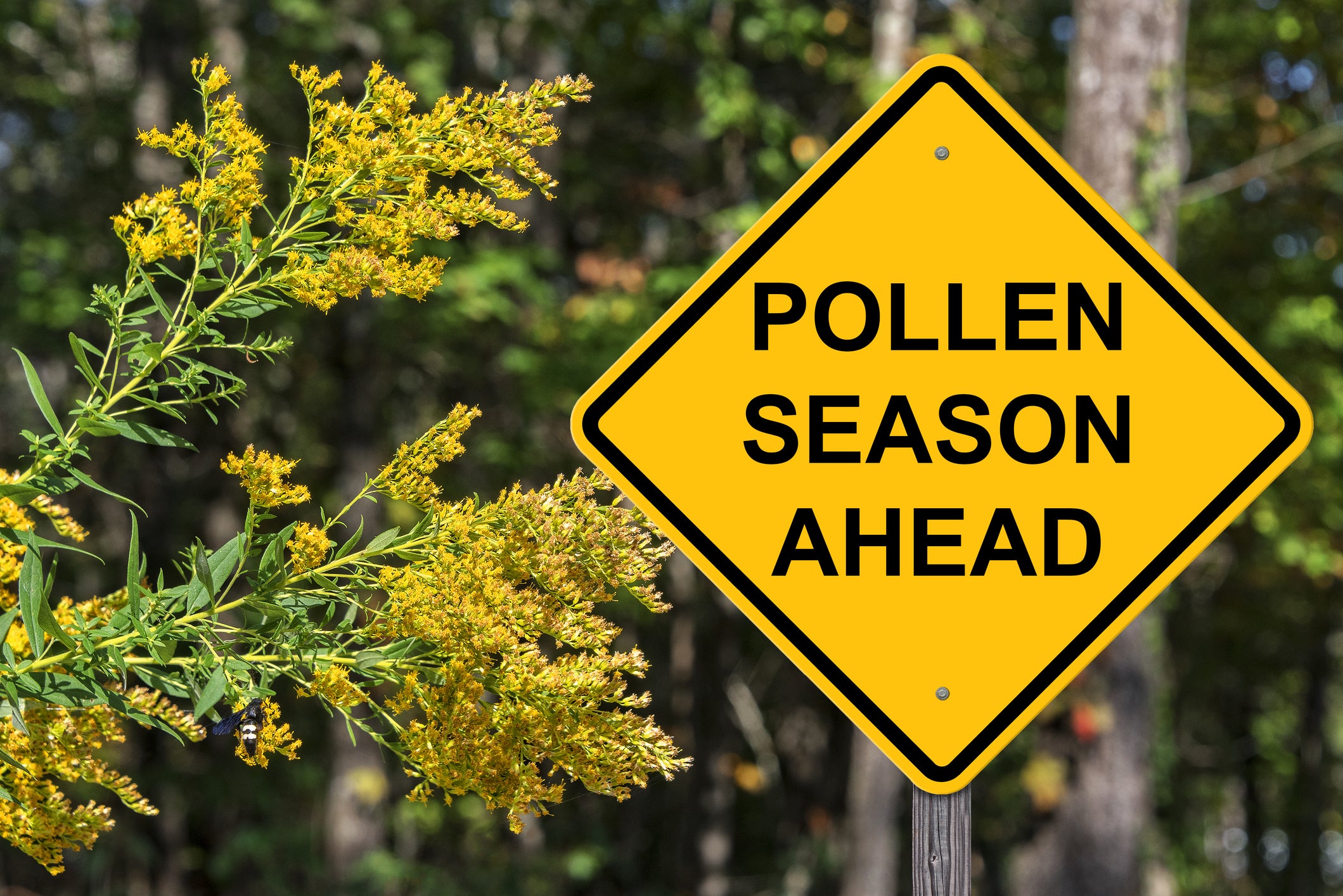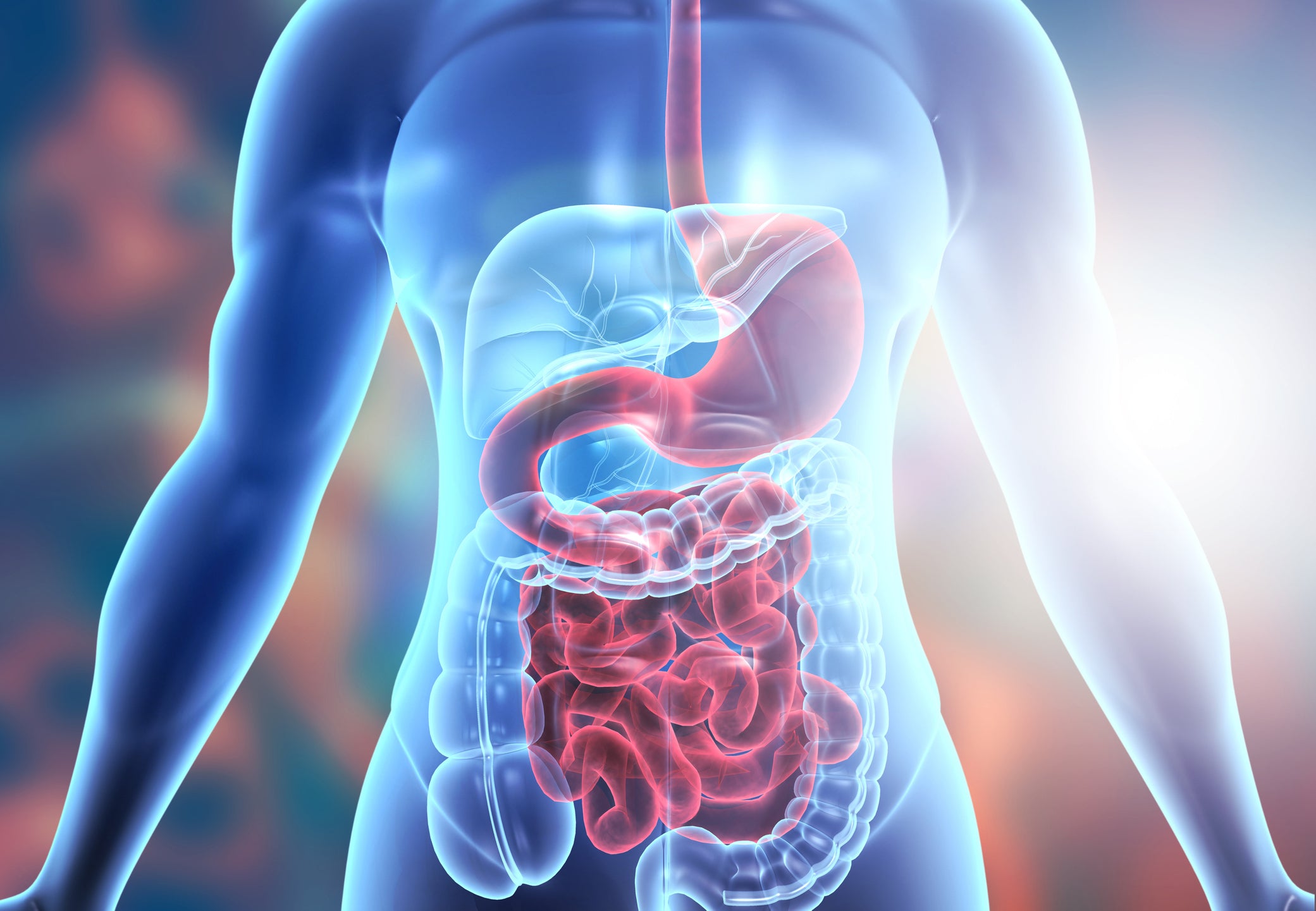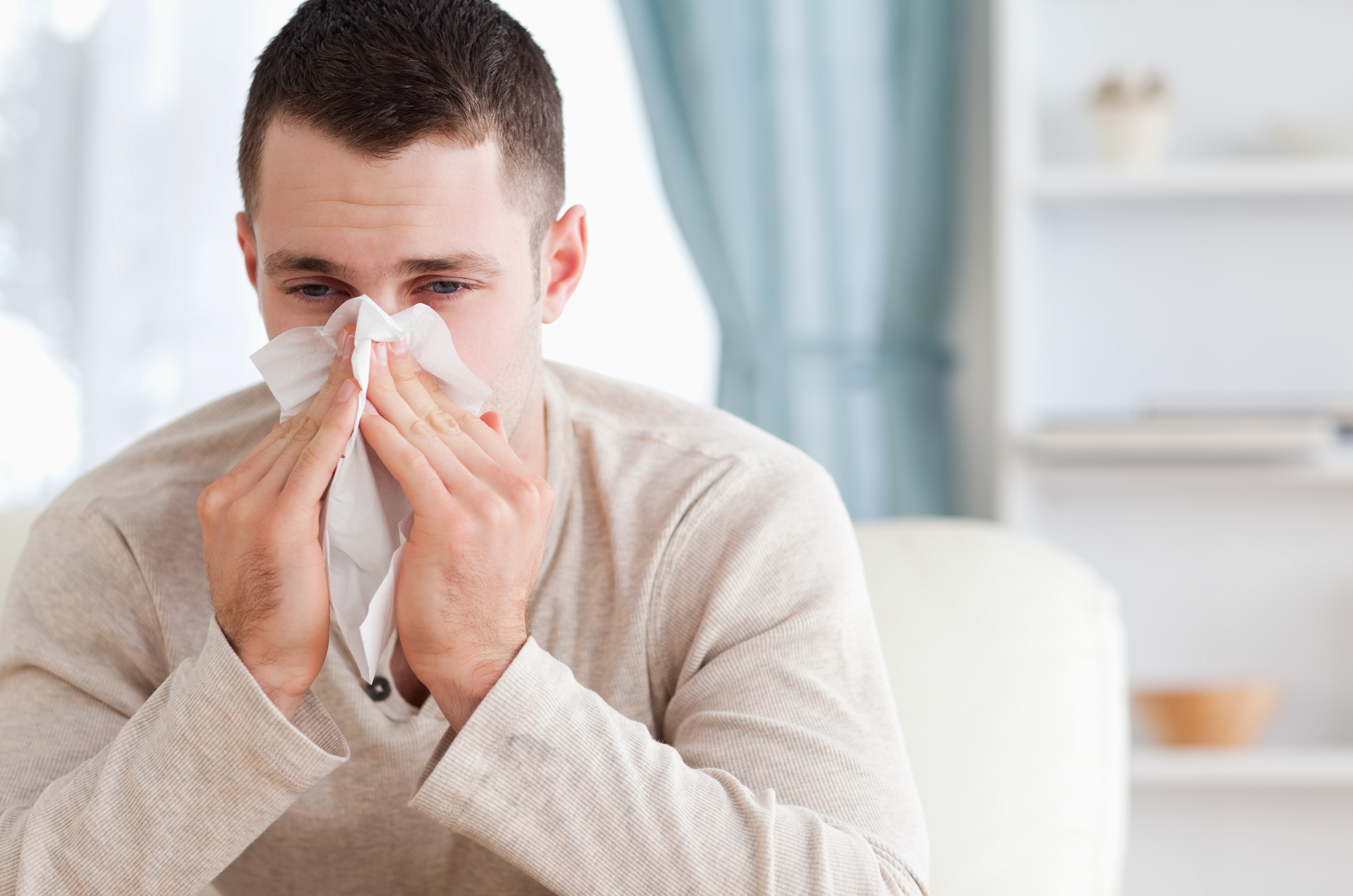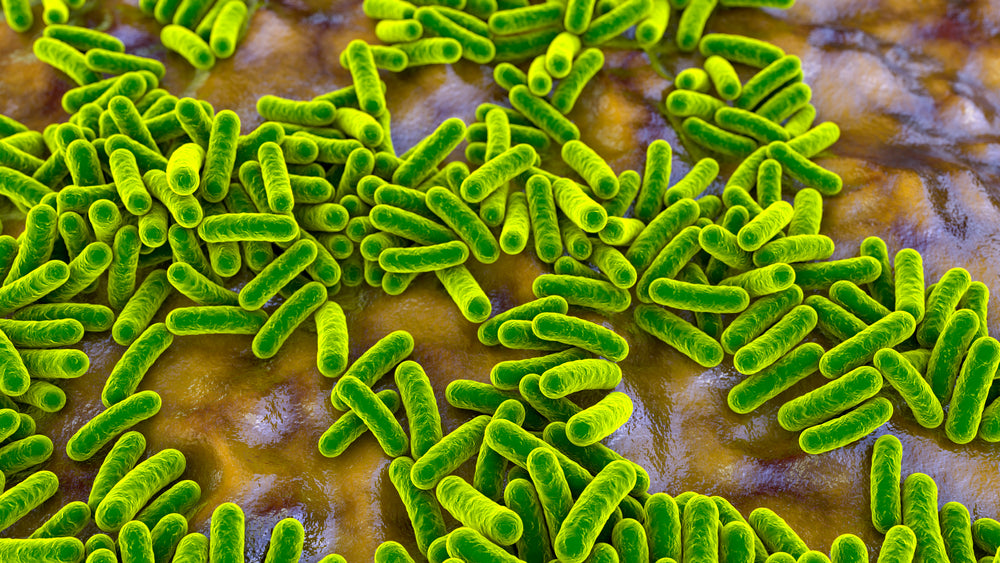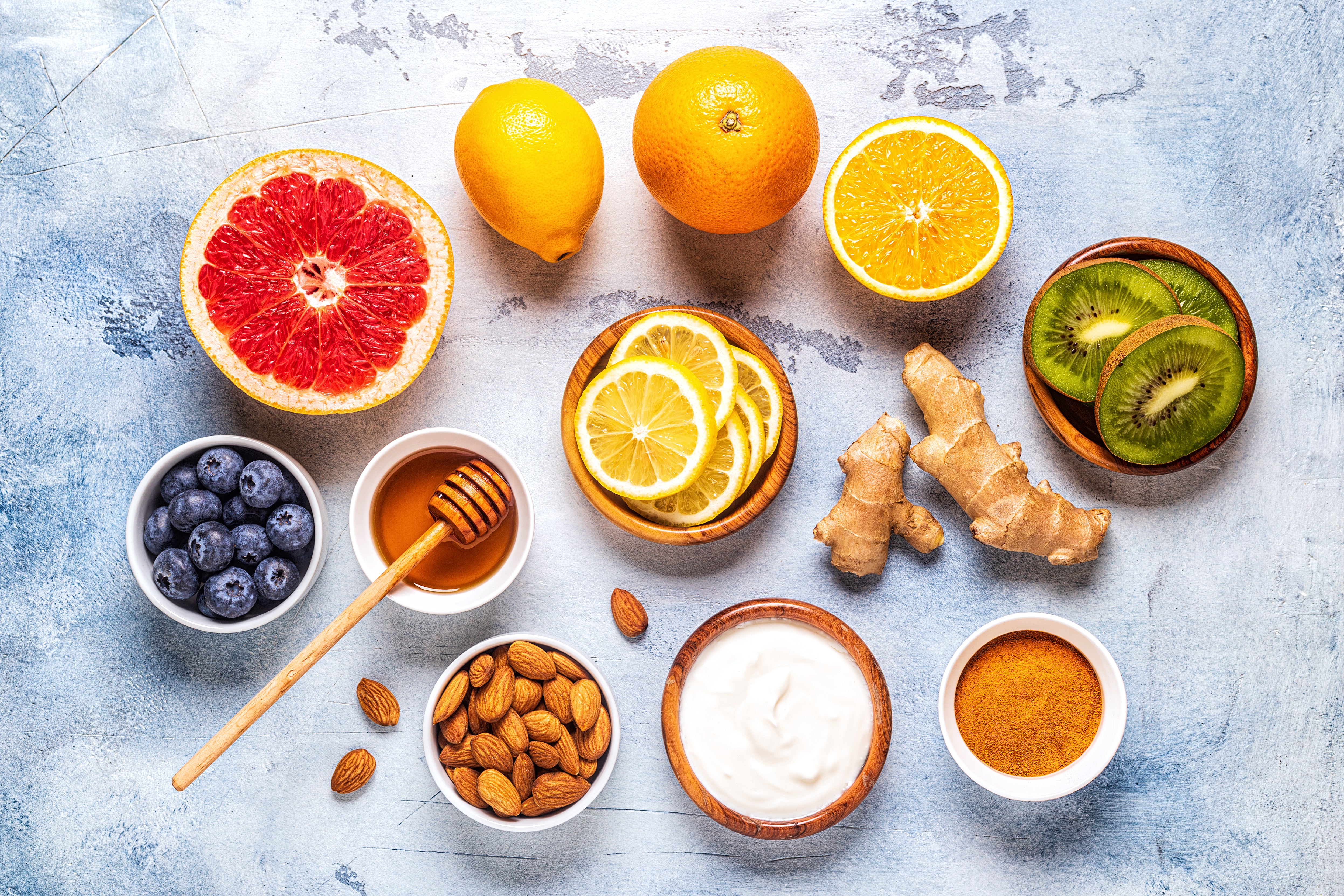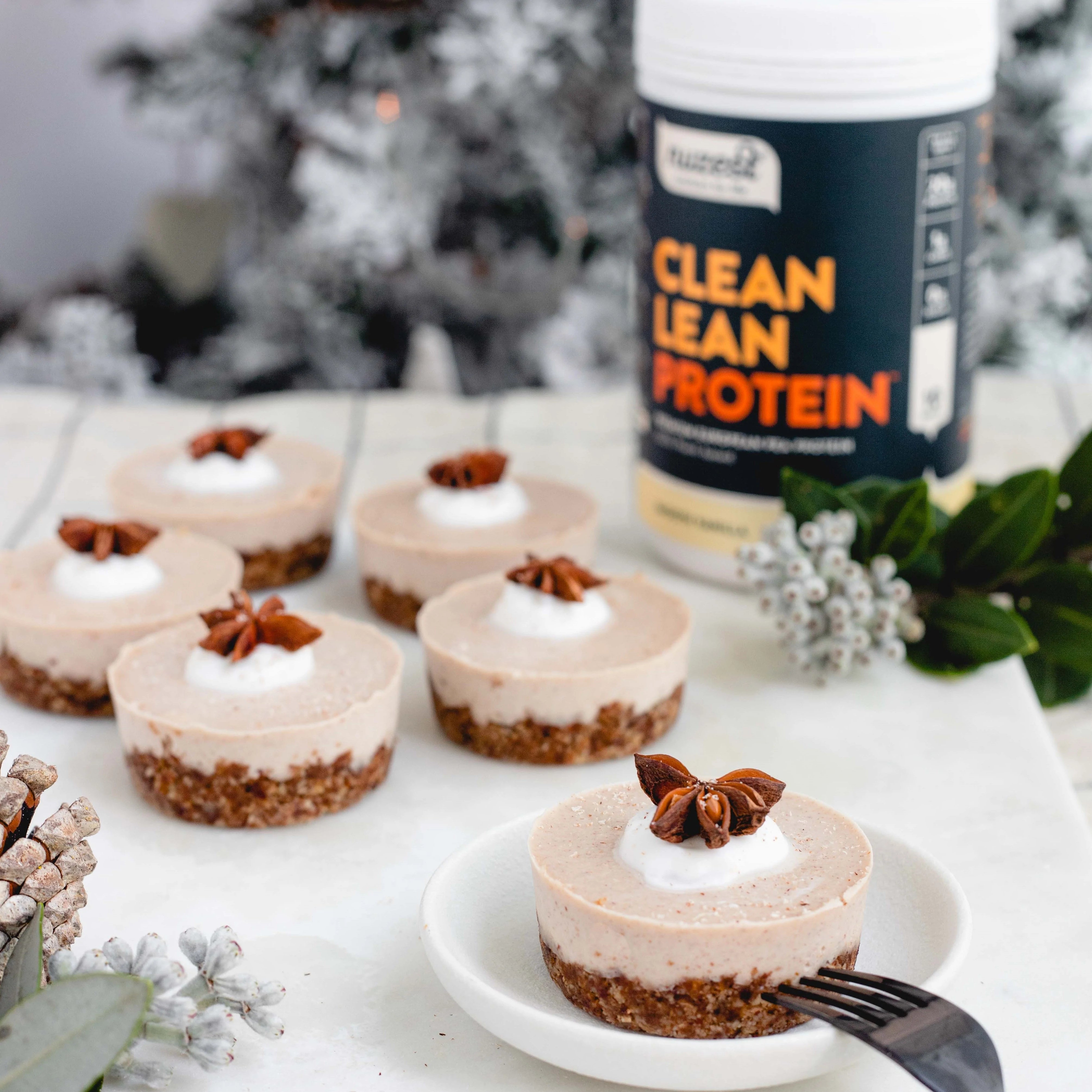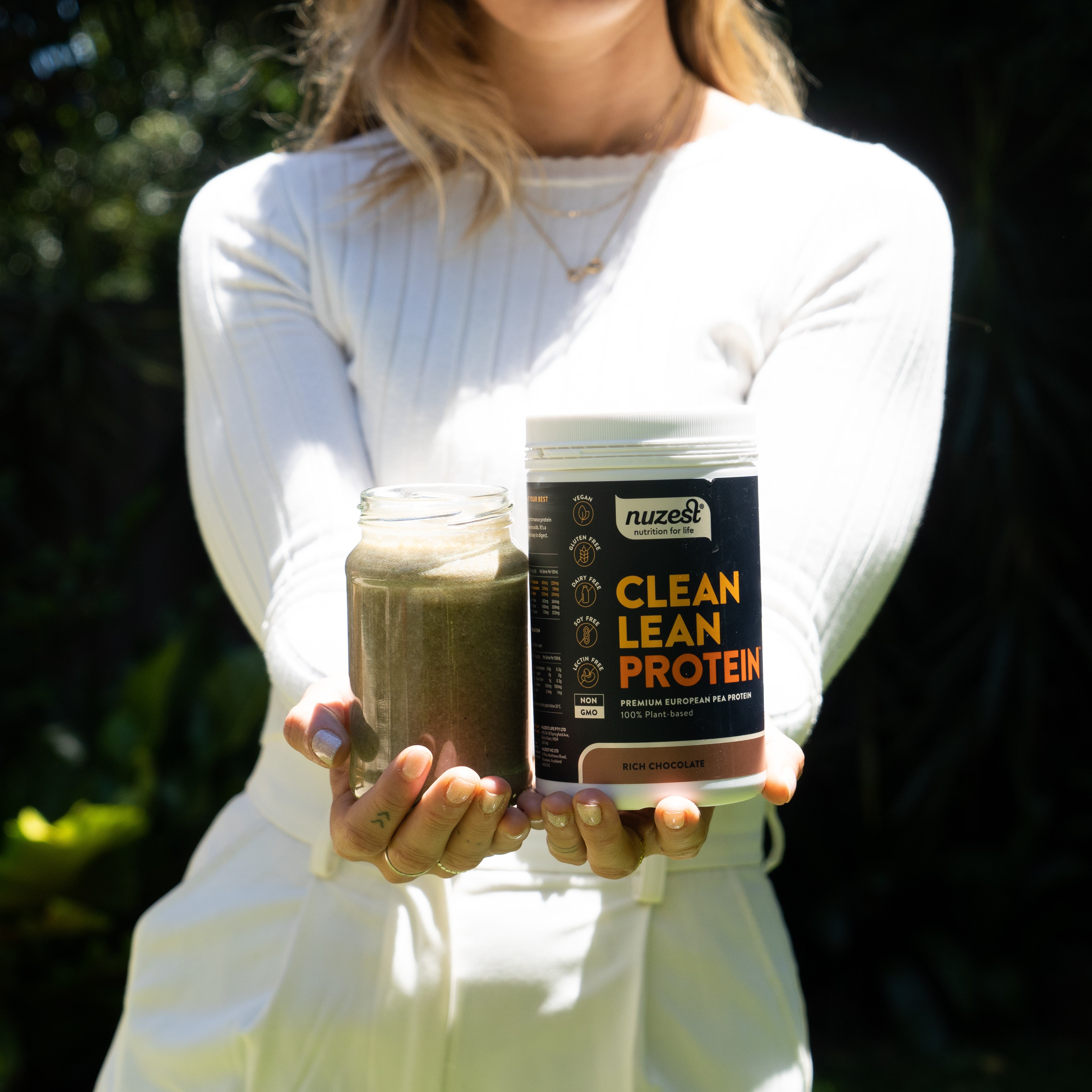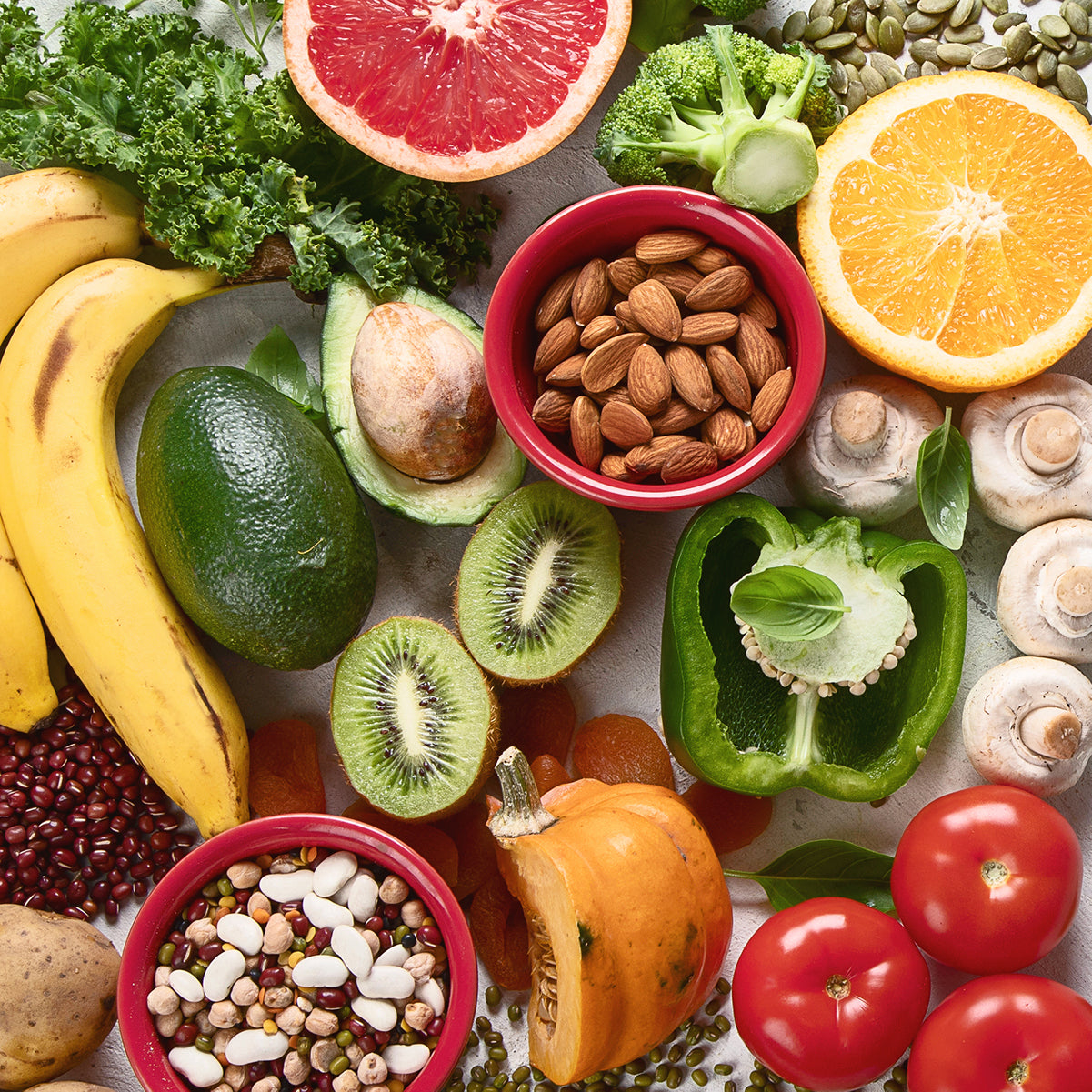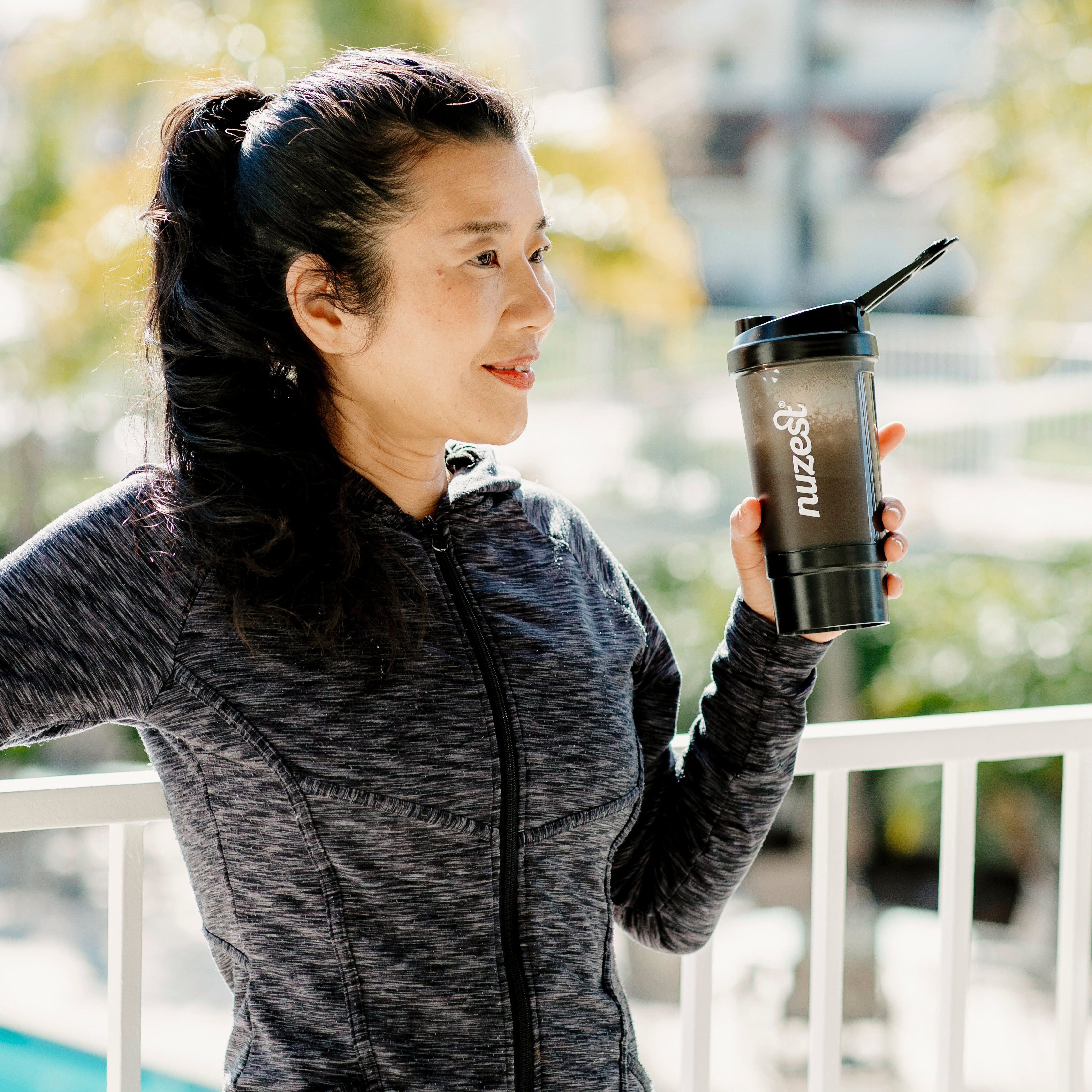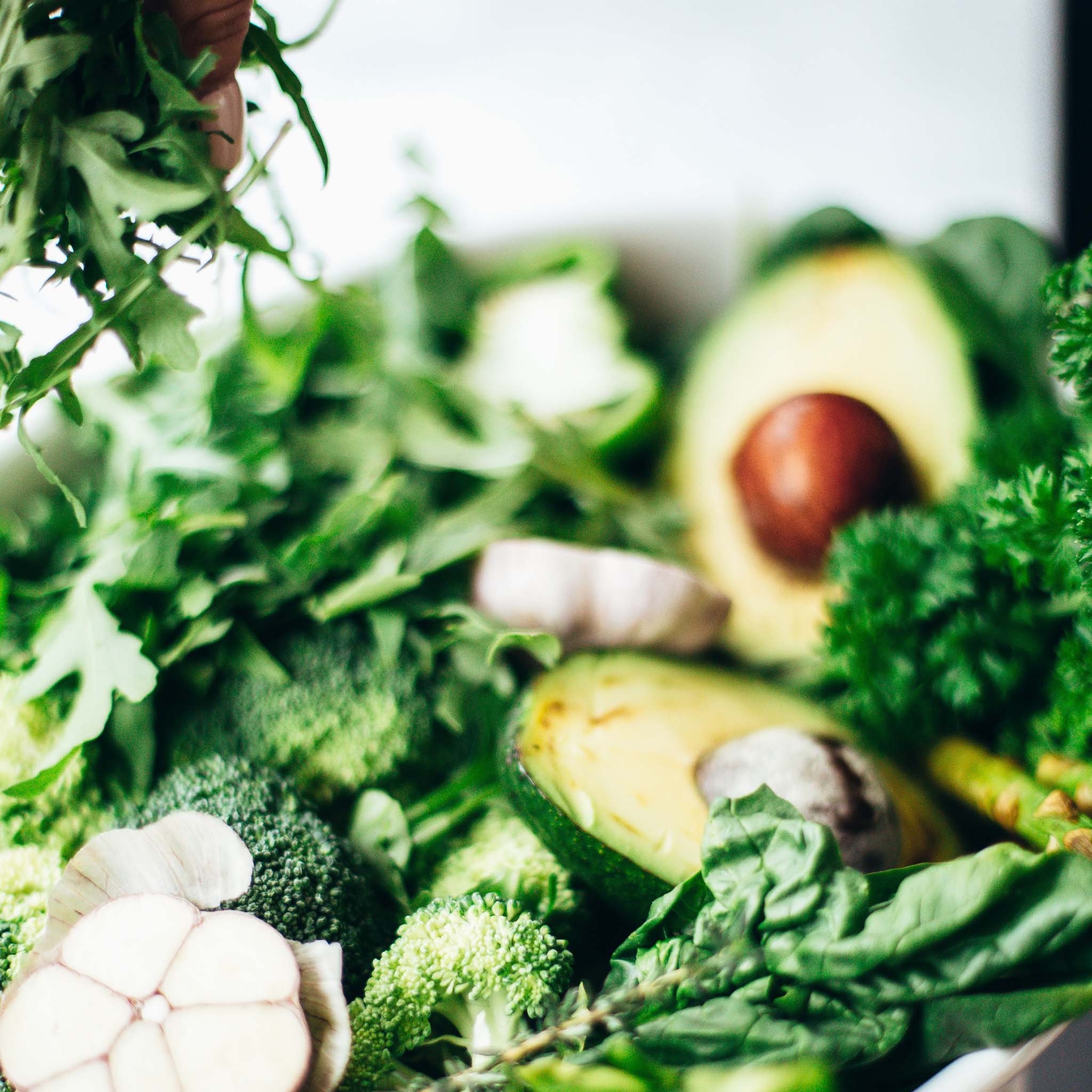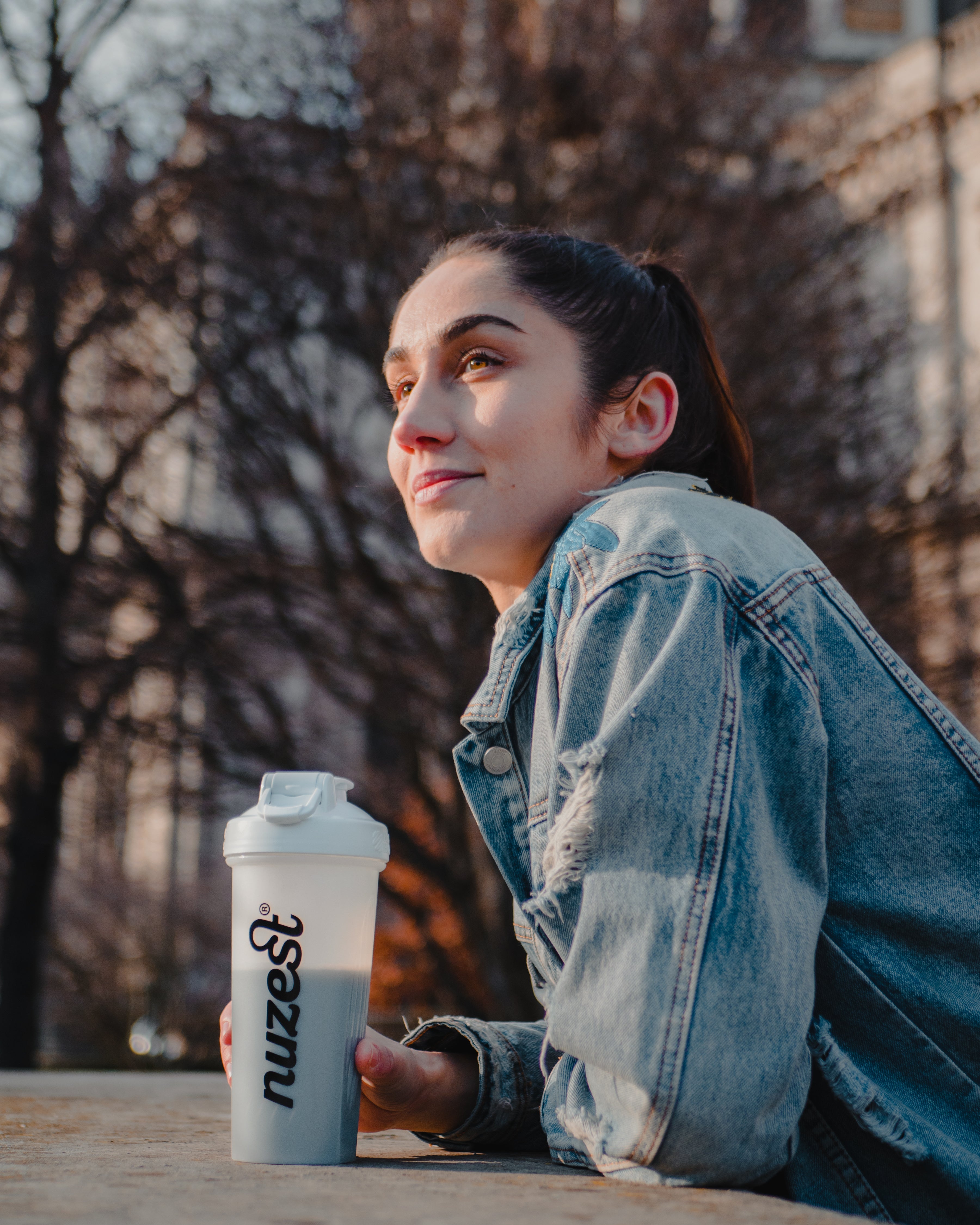Author: Megan Jones (Adv.Dip.NutMed, BHsc.NutMed)
Vitality is essentially the expression or manifestation of energy within the body.
Our body’s natural energy and vitality levels affect all areas of our lives and our wellbeing; from work to play and everything in between.
A daily routine incorporating a nutritious diet based on low GI and whole foods, coupled with exercise is one of the best ways to support our body’s natural energy production.[1]
Further, to help support and enhance your body’s natural energy levels, a high quality supplement like Good Green Vitality (GGV) is a great addition to your daily routine. Our team of nutritionists and experts in nutritional science have carefully selected over 75 functional ingredients, plant foods and extracts to go into GGV. Each providing powerful nutrition by working together synergistically to perform a number of physiological roles throughout the body. We have focused on supporting energy and vitality at a cellular level, rather than just a quick hit with a subsequent crash, like that of caffeine that we all know too well! Helping you to feel at your best most energetic self.
How are vitality and energy linked?
When it comes to overall health and our quality of life, maintaining vitality is just as important as maintaining energy.[2] It supports us to move forward in life with meaning and purpose and can be influenced by a variety of factors. These may include (but are not limited to): balanced nutrition, regular exercise, adequate sleep, stress management, social connections, and fulfilling work or hobbies. Vitality can also improve mood and cognitive function, whilst cultivating resilience, and the ability to cope with stress and life’s challenges.[3][4]
What is energy and why do we need it?
Energy is associated with feelings of well-being, stamina and vitality, with energy balance defined as “the state achieved when the energy intake equals energy expenditure.”[5] From a nutritional science perspective, energy is provided by food, which is the only form of energy we can use to maintain the body’s structural and biochemical integrity.[6]
Healthy human energy production and metabolism rely on good nutrition.[1] In fact, an optimal daily intake of vitamins, minerals, amino acids, phytonutrients and energy in the form of adenosine triphosphate (ATP), is critical for optimum vitality and physical performance.[6]
At a cellular level, ATP is crucial for maintaining the proper functioning of cells and the body as a whole. Without adequate cellular energy, cells would not be able to perform their functions, which would lead to various health problems and ultimately, the failure of the body's biological systems. [7][8]
Conversely, fatigue is often described as a perceived lack of energy or a feeling of low vitality.[6]
How can we ensure we are optimizing our energy production?
The good news is that it is possible to increase our energy and vitality, through a variety of channels. We like to think it’s all about understanding the mechanisms and implementing them!
While we know the importance of foundational and balanced nutrition, let’s break it down and summarize the 5 holistic pillars of energy production, so you can be armed with this knowledge, and apply it.
- Exercise: While supporting your body to optimize your energy output and strength, the physical exertion of exercise itself actually spurs your body to produce more cellular energy.[9] I.e., the more you exercise, the more energy you have to exercise! Learn more about how to support your body during training, along with both pre- and post-exercise nutrition tips.
- Sleep: Research tells us that sleep serves to conserve and restore energy. While we sleep, our body also repairs cells, and releases molecules like hormones and proteins.[10] I.e., a good night’s sleep (aim for 7-9 hours) will recharge you for the morning! Read more nutrition and lifestyle-based tips on how to achieve a consistently good night’s rest.
- Immunity: When your immune system struggles, so do your energy levels. This is because your body is trying to conserve energy to fuel your immune system so it can fight off the pathogens![11] Discover foods that can help support your immunity plus more on the link between energy and immunity.
- Burnout: Burnout can affect your mental, physical and emotional state. Chronic burnout, fatigue or stress can drive inflammation and throw your entire body out of balance.[12] Find out more about how to reduce the fatigue and burnout in your life.
- Recovery: Optimizing your nutrition and rest during recovery from illness or exercise can ultimately return you to a state of equilibrium, or “homeostasis”.[13] Learn more on how specific nutritional modifications can support optimal recovery and our top tips on how to return to balance.
Did you know? Energy and vitality are all in our brand name “Nuzest”
Nuzest was born out of a quest for answers when our founder Trevor’s only daughter was diagnosed with Multiple Sclerosis. Coupled with the philosophy that good nutrition is the foundation for great health, the name “Nuzest” truly reflects what our company stands for; with “Nu” meaning “new” and “nutrition”, and “Zest” meaning “life” or “vitality”.
“Zest”, or “vitality” are arguably, the essence of health.[14]
Good Green Vitality – the formula
Even with what may be considered ‘adequate’ nutritional intake, energy demands may exceed energy input and stores, especially in the presence of emotional, social, physical or spiritual stressors.
And often, even with the best intentions, our modern-day diets just don’t provide us with the nutrition we require to optimize our state of health.
Find out more about how Good Green Vitality can help fill any nutritional gaps in your diet and have you feeling your best most energetic self.
To read more about energy and vitality visit The Digest our carefully curated blog library - here to help nurture and grow your health and wellbeing knowledge.
References:
- Cena H, Calder PC. Defining a healthy diet: Evidence for the role of contemporary dietary patterns in health and disease. Nutrients [Internet]. 2020 Jan 27;12(2):334. Available from: https://www.ncbi.nlm.nih.gov/pmc/articles/PMC7071223/
- Hartman L, van Dongen JM, Hildebrandt VH, Strijk JE. The Role of Vitality in the Relationship Between a Healthy Lifestyle and Societal Costs of Health Care and Lost Productivity. American Journal of Health Promotion. 2016 Jul;30(6):465–74.
- Levine GN, Cohen BE, Commodore-Mensah Y, Fleury J, Huffman JC, Khalid U, et al. Psychological Health, Well-Being, and the Mind-Heart-Body Connection: A Scientific Statement From the American Heart Association. Circulation [Internet]. 2021 Jan 25;143(10). Available from: https://www.ahajournals.org/doi/full/10.1161/CIR.0000000000000947
- National Institutes of Health. Emotional wellness toolkit [Internet]. National Institutes of Health (NIH). 2017. Available from: https://www.nih.gov/health-information/emotional-wellness-toolkit
- Hill JO, Wyatt HR, Peters JC. The Importance of Energy Balance. European Endocrinology [Internet]. 2013;9(2):111. Available from: https://www.ncbi.nlm.nih.gov/pmc/articles/PMC6003580/
- Tardy AL, Pouteau E, Marquez D, Yilmaz C, Scholey A. Vitamins and minerals for energy, fatigue and cognition: A narrative review of the biochemical and clinical evidence. Nutrients. 2020 Jan 16;12(1):228.
- Baker JS, McCormick MC, Robergs RA. Interaction among Skeletal Muscle Metabolic Energy Systems during Intense Exercise. Journal of Nutrition and Metabolism. 2010;2010:1–13.
- Nicolson GL. Mitochondrial Dysfunction and Chronic Disease: Treatment With Natural Supplements. Integrative medicine (Encinitas, Calif) [Internet]. 2014;13(4):35–43. Available from: https://www.ncbi.nlm.nih.gov/pmc/articles/PMC4566449/
- MD TG, MD HR. Does exercise really boost energy levels? [Internet]. Harvard Health. 2021. Available from: https://www.health.harvard.edu/newsletter_article/does-exercise-really-boost-energy-levels
- Brinkman JE, Reddy V, Sharma S. Physiology, Sleep [Internet]. PubMed. Treasure Island (FL): StatPearls Publishing; 2020. Available from: https://pubmed.ncbi.nlm.nih.gov/29494118/
- Segerstrom SC. Stress, Energy, and Immunity. Current directions in psychological science [Internet]. 2007;16(6):326–30. Available from: https://www.ncbi.nlm.nih.gov/pmc/articles/PMC2475648/
- Maslach C, Leiter MP. Understanding the burnout experience: recent research and its implications for psychiatry. World Psychiatry [Internet]. 2016 Jun 5;15(2):103–11. Available from: https://www.ncbi.nlm.nih.gov/pmc/articles/PMC4911781/
- Physiopedia. Exercise Physiology [Internet]. Physiopedia. 2013. Available from: https://www.physio-pedia.com/Exercise_Physiology
- Söderbacka T, Nyholm L, Fagerström L. What is giving vitality to continue at work? A qualitative study of older health professionals’ vitality sources. Scandinavian Journal of Caring Sciences. 2021 Sep 7
